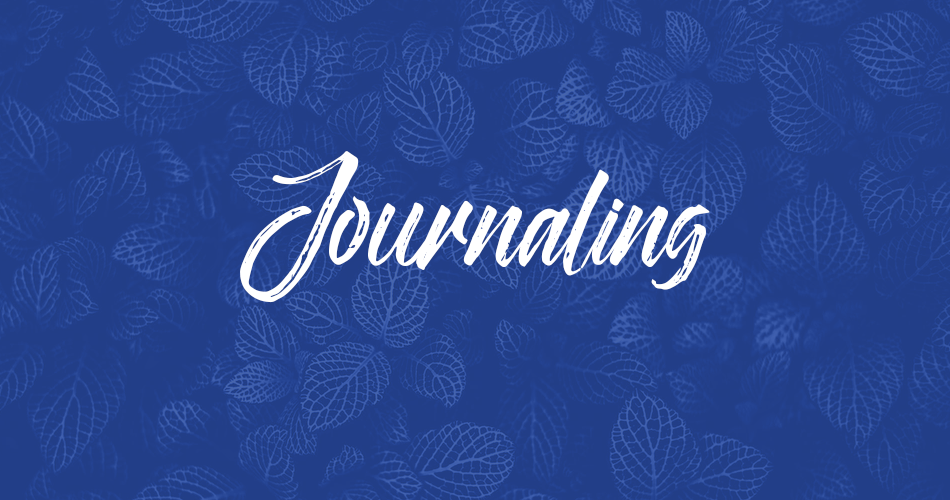I’ve been struggling with some elements of my programme recently. I’ve had a lot on my mind having moved house recently to a new area away from my friends and London recovery network. My future is uncertain (who’s isn’t as we get closer to 2021?) and as I edge closer to a year clean and sober a lot of emotions have been coming up and I’ve also experienced a feeling of fatigue with my programme.
I was feeling low and spiritually deflated and unable to figure out exactly why I felt this way. I also felt myself become disconnected to parts of my programme and writing an inventory night after night which felt more like dashing off a daily to-do list rather than something truly honest, exploratory and and fearless.
A fellow sent me this article recently on a technique known as ‘Journal Speak’ and mentioned it had helped them in other areas of their life outside of the programme, having never journaled before myself I was curious to try this practice to see how it might help. I have been hugely impressed and wanted to share my experience as the first article for the new section of this blog ‘Beyond the Rooms’, where we look at wider practices as part of our ongoing emotional sobriety.
What is Journal Speak?
I’d recommend reading this article and listening to the podcast episode mentioned there, but in short it’s writing completely unfiltered thoughts and emotions for twenty minutes and giving a voice to the things renting the most space in your brain.
What was my experience?
I didn’t know what to expect, I thought twenty minutes was a long time to spend on this. I set a timer and set this aside, played some background music and just began to type. I found myself writing a few headings at first, big things on my mind which were causing me internal pain and frustration, these became broad headings of “work”, “family”, “future” and “programme” which I then spent time writing about to uncover how I was truly feeling and thinking about those areas of my life.
After an initial few minutes I found that things came to mind quickly, the difficulty then became typing fast enough to keep up. I started by looking at my keyboard and ignoring what was going up on the screen, then tried the other way by focussing on my screen and ignoring my keyboard. I was most surprised at what happened after I got into the flow of things.
I found myself typing automatically and reading my own thoughts as they appeared on screen. It was a bizarre feeling, almost as if it wasn’t me writing, I felt disconnected from the process itself and just found myself reading my true, and inner thoughts as they appeared in front of me. This wasn’t the case all the time, at times I’d almost be brought back to earth (or my keyboard) and have to refocus, zone back in and make sure I wasn’t filtering or planning anything that was going on the page. It was a really interesting experience, and if you can’t touch-type fast enough then remember an old fashioned pen and paper should work just fine!
How did it help?
In twenty minutes I found I had reconnected with myself. I found an honesty I had been avoiding. I was able to identify the things that had been taking the most space inside my head and gave them a voice. Being able to give those thoughts the space and voice they needed and look at these was a real relief. It was a relief to see that I found a way to be honest with myself, to reconnect truthfully to those thoughts and feelings and to have had some clarity and revelations around big things in my life which I wasn’t facing up to either in my programme or life.
Another benefit was that it immediately made me more honest with my nightly programme inventory. For the first time in what felt like weeks I was able to honestly speak about the fears and underlying issues which were driving my thinking and behaviour.
After one day with journal speak I’m incredibly happy and would recommend it to anyone who’s interested in reconnecting with honesty in themselves or helping untangle internal thoughts and feelings which are causing distress. It’s certainly something I’m going to look into more as part of my ongoing and wider emotional sobriety.
/ J



